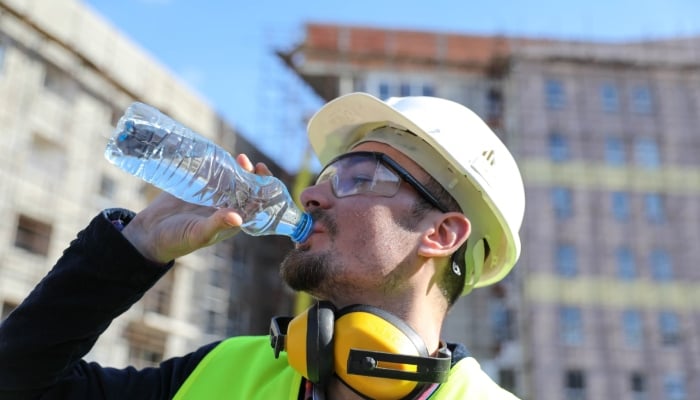
The World Health Organization (WHO) urged for better protection for workers around the globe against heat, as climate change has been causing frequent heatwaves.
A report by the health agency noted that millions of workers are exposed to heat stress, which affects their health and their performance, calling for governments, employers, and workers to co-operate to develop adaptation strategies.
Discussing the matter with the BBC, the WHO's director of environment, climate and health, Rüdiger Krech, said the findings should be a wake-up call.
"It is not just discomfort. It is a real health risk. If you're working in heat and your body temperature increases by, over a longer period, over 38°C, then you are at risk of severe heat-related stress and stroke, kidney failure, dehydration," he said.
Change is needed because heatwaves are no longer rare occurrences. The World Meteorological Organization shared that the last decade has seen the warmest temperatures on record, with 2024 being the hottest year ever.
In parts of Europe, temperatures of 40°C have become a common occurrence. In Africa or the Middle East, they can rise to 50°C.
According to Mercator, average surface temperatures in the Mediterranean in July were the warmest on record at 26.68°C.
This week, the UK's Met Office revealed that this summer was on track to become one of the warmest since records began in 1884.
Along with that the WHO report warned that heatwaves do not just damage health they also affect output, as for every one-degree temperature rise above 20°C, productivity falls by 2%.
With construction and agricultural workers particularly at risk, some European countries are already making changes to work environments in order to make the work safer during extreme heat.
Last month, the Italian government signed an emergency decree, after agreeing to a protocol with unions and bosses to stop people from having to work during the hottest hours of the day.
















